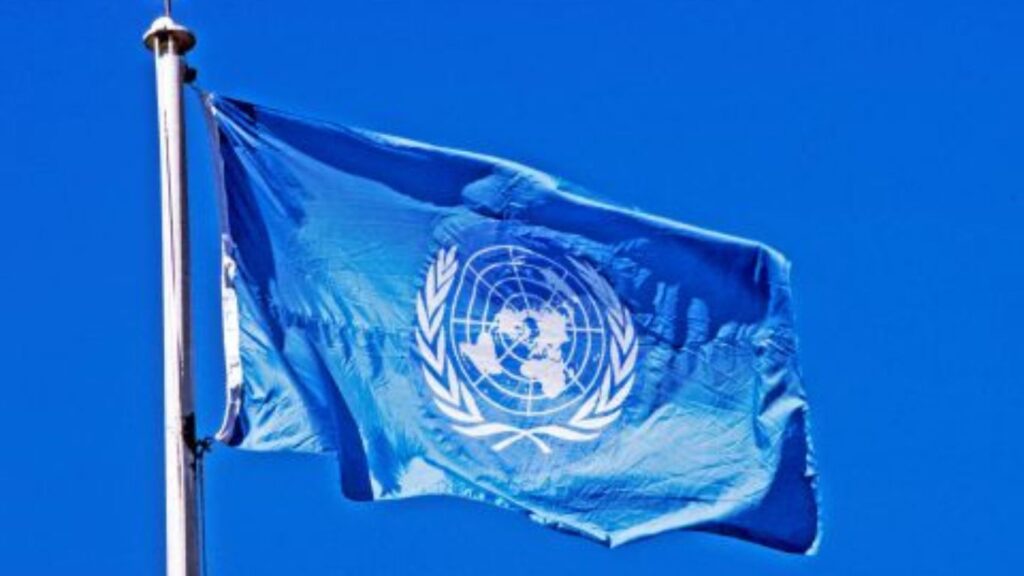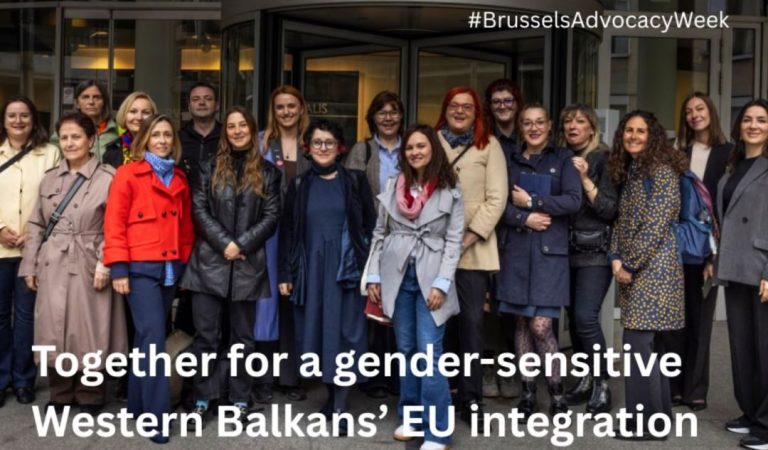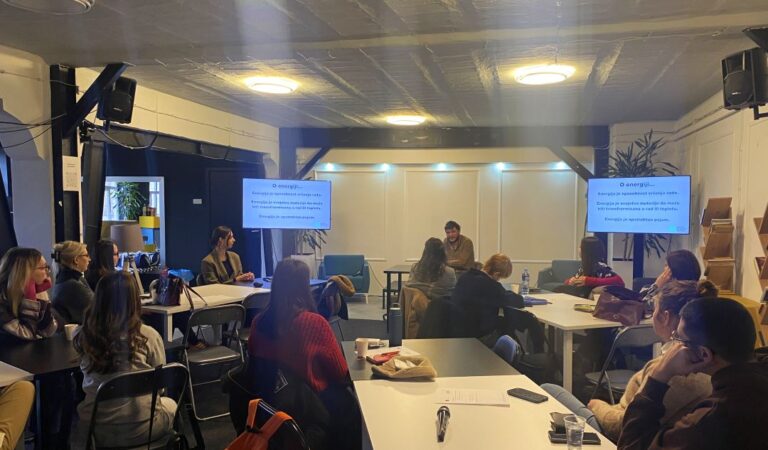Why did the labor inspectors fail to detect the position of Vietnamese workers at the Linglong Tire Factory; were the participants of the “My First Salary” program exploited economically; why did the most vulnerable population fail to receive the state aid of EUR 100?
These are some of the topics of interest to the UN Committee for Economic, Social and Cultural Rights that met the Serbian state delegation in mid-February to discuss to what extend these rights have been respected or violated since 2014, when the Government of Serbia introduced austerity measures. After the three-day discussion with the state delegation (February 21-23), led by Gordana Čomić, Minister of Human and Minority Rights and Social Dialogue, the Committee assessed that these rights are threatened in Serbia significantly and appealed to the Government to invest more in economic and social rights of its citizens; moreover, the Committee prepared a set of recommendations in that respect.
The UN Committee members learned about the state of the rights to healthcare, education, work and fair wage, housing and social protection in Serbia from a group of non-governmental organizations that prepared alternative reports on the state of these rights and submitted them to the Committee. We remind you that one of the reports compiled and submitted, inter alia, by the A 11 Initiative, stated that the Government has reduced investments in health, education and social protection, and increased investments in defense, army and police forces in past eight years; that the percentage of the poor people has not decreased in years (we are talking about, approximately, 450,000 people living in absolute poverty); that during the pandemic, those who did not have personal documents and who are also among the poorest did not receive the state aid in the amount of EUR 100.
After reviewing all the reports, the one prepared by the state and the alternative ones, the UN Committee stressed that among the austerity measures the pension cut, increased rates of VAT, the introduction of a property tax on social housing and the reduction in the number of public sector employees have had the greatest impact on the deterioration of the economic and social situation of the citizens of Serbia. The UN Committee, therefore, repeated its recommendations, given to the Government back in 2016, that austerity measures must be introduced gradually and not at the expense of the basic social and economic rights of citizens.
“The austerity measures that Serbia has been implementing for eight years have affected the citizens, lowered the healthcare quality but also the overall standard of living. The poorest citizens have been particularly affected because the already small allocations for social protection have been reduced. The austerity measures did not affect the army, the police, or even the richest among us… And that is now completely clear to the UN Committee,” says Danilo Ćurčić, program coordinator of the A 11 – Initiative for Economic and Social Rights, one of the twenty civil society organizations participating in the preparation of the alternative reports.
It is interesting to mention that in its recommendations the UN Committee appealed to the Government to urgently find a way to rectify the situation by providing cash benefits amounting to EUR 100 to citizens who were excluded due to a lack of identity documents. They also appealed to the Government to consider the possibility of introducing the progressive taxation so that the tax burden is more fairly distributed between the wealthy and the poor; and refrain from diverting funding earmarked for the realization of economic, social and cultural rights, and, if strictly necessary, ensure that the decision is made in a transparent manner.
The recommendations of the UN Committee on Economic, Social and Cultural Rights, received at the beginning of March, translated into Serbian, can be found here.



